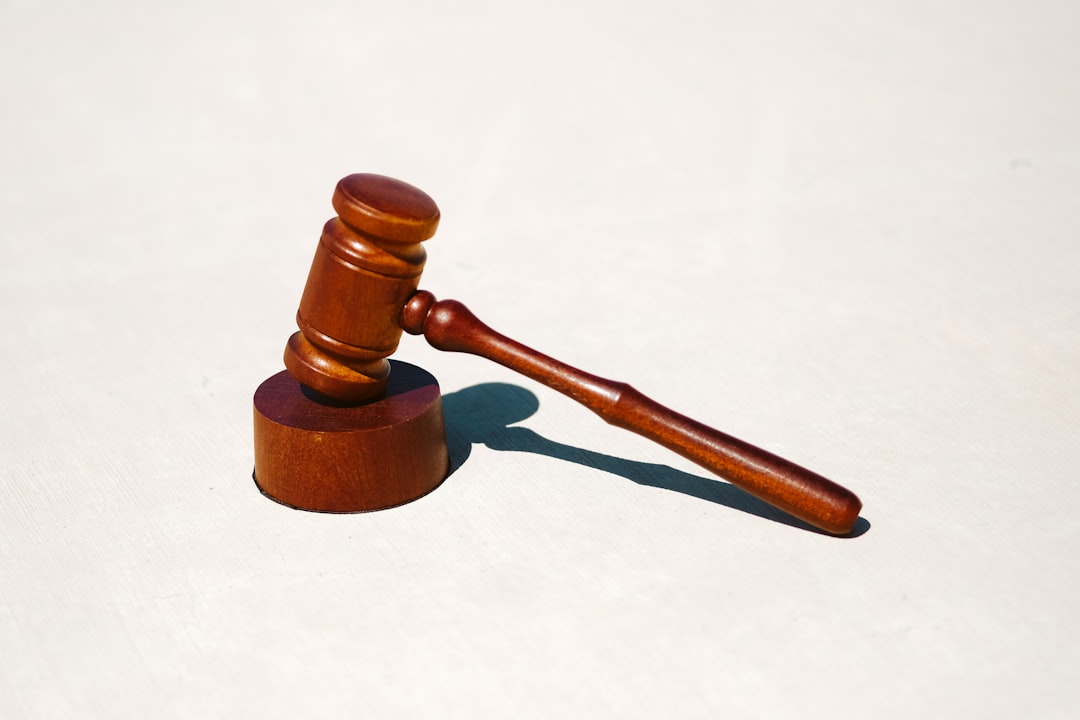The Telephone Consumer Protection Act (TCPA) is a critical federal legislation in Chicago that protects residents from unwanted spam calls by enforcing strict guidelines for call centers and telemarketers. Non-compliance can result in significant legal penalties and reputational damage. Call centers must adhere to TCPA rules regarding automated dialing, prerecorded messages, and customer consent. To maintain compliance, they should implement rigorous practices including staff training, advanced technology, clear protocols for consumer complaints, internal audits, and continuous monitoring. Demonstrating TCPA compliance builds client trust and enhances a firm's reputation as an ethical, reliable partner in the competitive Chicago call center market. A specialized Spam Call law firm in Chicago offers guidance on navigating these regulations.
In the dynamic landscape of Chicago’s call centers, navigating regulatory waters is paramount. This article delves into the significance of TCPA (Telecommunications Consumer Protection Act) compliance, a game-changer in mitigating spam calls and protecting residents from unwanted communications. As a bustling hub for business, understanding this law is essential to avoid legal pitfalls and build client trust. We explore its impact on call centers, rise in spam calls, legal protections, best practices, and how adherence fosters reliability among Chicago’s legal community.
Understanding TCPA and Its Impact on Call Centers in Chicago

The Telephone Consumer Protection Act (TCPA) is a federal law designed to protect consumers from unwanted and harassing phone calls, specifically from telemarketers. It sets strict guidelines for businesses engaging in outbound telephone marketing, including call centers in Chicago. Non-compliance can lead to significant legal repercussions, such as hefty fines and damage to the firm’s reputation.
In today’s digital era, with advancements in technology, call centers often use automated systems and prerecorded messages, which are governed by the TCPA. Businesses must ensure their marketing practices adhere to the law’s restrictions on calls made without prior express consent. This is especially critical in Chicago, where a growing number of consumers are aware of their rights regarding spam calls and are actively protecting themselves against them. Call centers that fail to comply risk facing legal action from affected individuals or even government agencies, emphasizing the need for strict adherence to TCPA regulations.
The Rise of Spam Calls: A Growing Concern for Consumers

In recent years, the number of spam calls has skyrocketed across the country, including Chicago, making it a growing concern for consumers. With advanced technology, call centers can now automate and make bulk calls, often leading to unwanted or fraudulent communications. These spam calls not only disrupt individuals’ daily lives but also pose significant risks to personal information and financial security. Many of these calls are used for marketing purposes, with businesses attempting to reach a vast audience, regardless of consent or interest.
As a result, the rise of spam calls has prompted legislative action. The Telephone Consumer Protection Act (TCPA) is a federal law designed to curb these intrusive practices. A compliance-focused approach ensures that call centers in Chicago adhere to strict guidelines regarding automated dialing, prerecorded messages, and customer consent. By implementing TCPA compliance measures, call centers can protect consumers from unwanted calls, maintain legal standing, and foster trust with their customers.
Legal Implications: How TCPA Protects Chicago Residents from Unwanted Calls

The Telephone Consumer Protection Act (TCPA) is a robust piece of legislation designed to safeguard Chicago residents from intrusive and unwanted telephone calls, specifically those deemed as spam. This law firm protects individuals’ privacy and peace of mind by setting strict guidelines for call centers and telemarketers operating within the city. By enforcing these rules, TCPA ensures that Chicagoans are not subject to incessant, pre-recorded, or automated calls promoting products or services without their consent.
Non-compliance with TCPA can have severe legal consequences for call centers in Chicago. Businesses found guilty of making or facilitating spam calls may face substantial financial penalties and damage their reputation. It is essential for call center operations to understand and adhere to the act’s provisions, ensuring fair practices and respectful interactions with local residents, thereby fostering a positive business environment free from pesky spam calls.
Compliance Best Practices: Ensuring Your Call Center Follows TCPA Guidelines

To ensure your call center in Chicago adheres to TCPA guidelines, implement robust compliance best practices. Start by thoroughly training your staff on the Spam Call law and its specific requirements. Every employee should understand their role in preventing violations, from proper caller ID display to accurate do-not-call list management. Regularly update these training sessions to keep up with any changes in regulations.
Additionally, invest in technology that aids compliance. Automated systems for call routing, customer opt-out tracking, and data analytics can help monitor and record calls, making it easier to demonstrate adherence to the law. Establish clear protocols for handling consumer complaints related to calls, ensuring prompt response and resolution. Regular internal audits and monitoring further reinforce compliance, allowing you to identify and rectify any issues promptly.
Building Trust with Clients: Demonstrating Compliance Responsibility

In the competitive Chicago call center landscape, building and maintaining trust with clients is paramount. One of the most effective ways to do this is by demonstrating a commitment to TCPA (Telemarketing Consumer Protection Act) compliance. This shows that the firm understands and respects the rights of its clients and the wider community, ensuring fair and legal communication practices. By adhering to the stringent guidelines set forth by the Spam Call law, call centers can foster an environment of transparency and integrity.
Clients in Chicago, a bustling metropolis with a vibrant business scene, are increasingly discerning when it comes to their interactions with call centers. They seek partners who prioritize data privacy and consumer protection. Demonstrating proactive TCPA compliance responsibility not only meets legal requirements but also enhances the firm’s reputation as a reliable and ethical business. It encourages clients to view the call center as an extension of their own brand, contributing to long-term partnerships.






